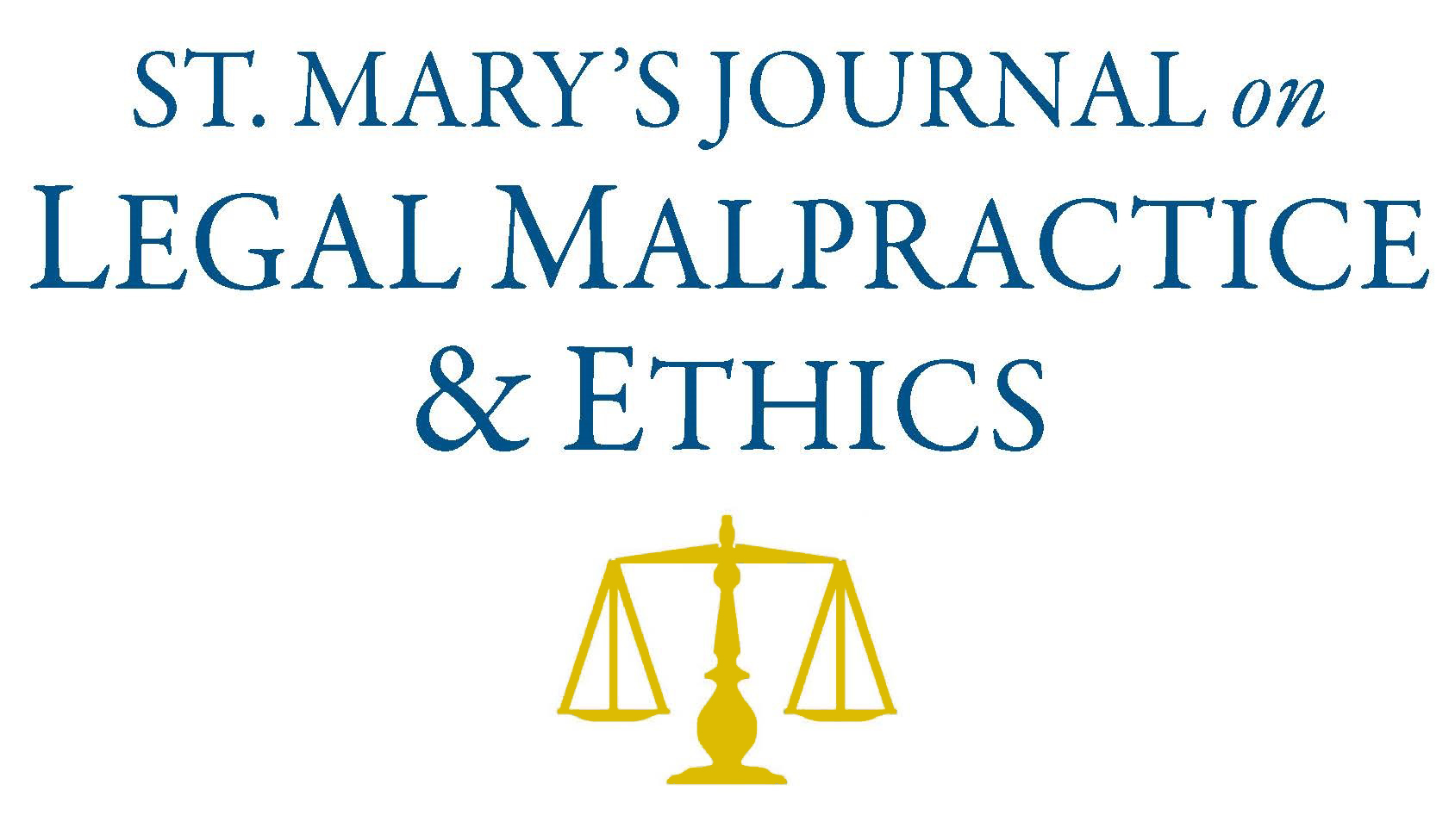
Abstract
Corporate law norms are reflected in lawyers’ ethical duties. The enactment of benefit corporation legislation across the country signals a legislative acknowledgment that corporate law can serve as a public, rather than a merely private, ordering mechanism. Benefit corporations expressly adopt a public benefit as a legal purpose of the enterprise. While many have written about this important development with respect to corporate fiduciary law, this essay is the first to explore the professional and ethical responsibility of lawyers representing benefit corporations. In the last century, as scholars and courts drove an understanding of corporate law that elevated the interests of shareholders above all other corporate constituents, the legal profession moved away from a model of public professionalism and embraced the ideal of the zealous advocate as a response. As a result of benefit corporation legislation, I suggest a return to an ethical model in which attorneys representing these entities explicitly acknowledge that they owe duties that extend to non-shareholder stakeholders and the public.
Recommended Citation
Joseph Pileri,
Uncharted Waters? Legal Ethics and the Benefit Corporation,
8
St. Mary's J. on Legal Malpractice & Ethics
(2018).
Available at:
https://commons.stmarytx.edu/lmej/vol8/iss1/5
Included in
Banking and Finance Law Commons, Business Organizations Law Commons, Commercial Law Commons, Consumer Protection Law Commons, Law and Economics Commons, Law and Society Commons, Legal Ethics and Professional Responsibility Commons, Legal Profession Commons, Legal Remedies Commons, Legislation Commons, Marketing Law Commons, Organizations Law Commons, State and Local Government Law Commons

